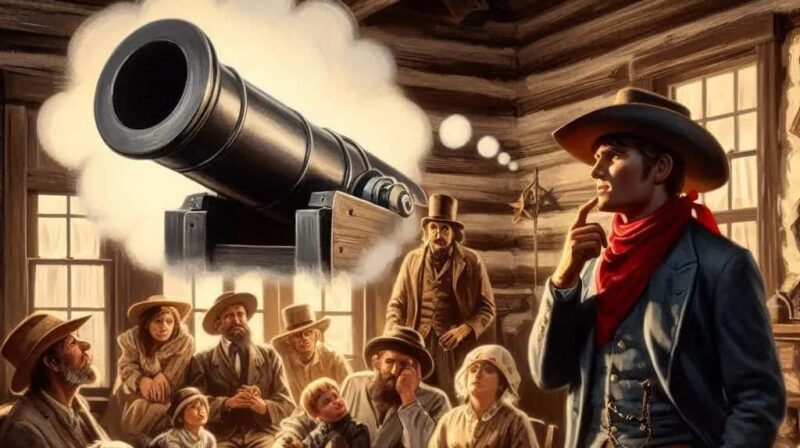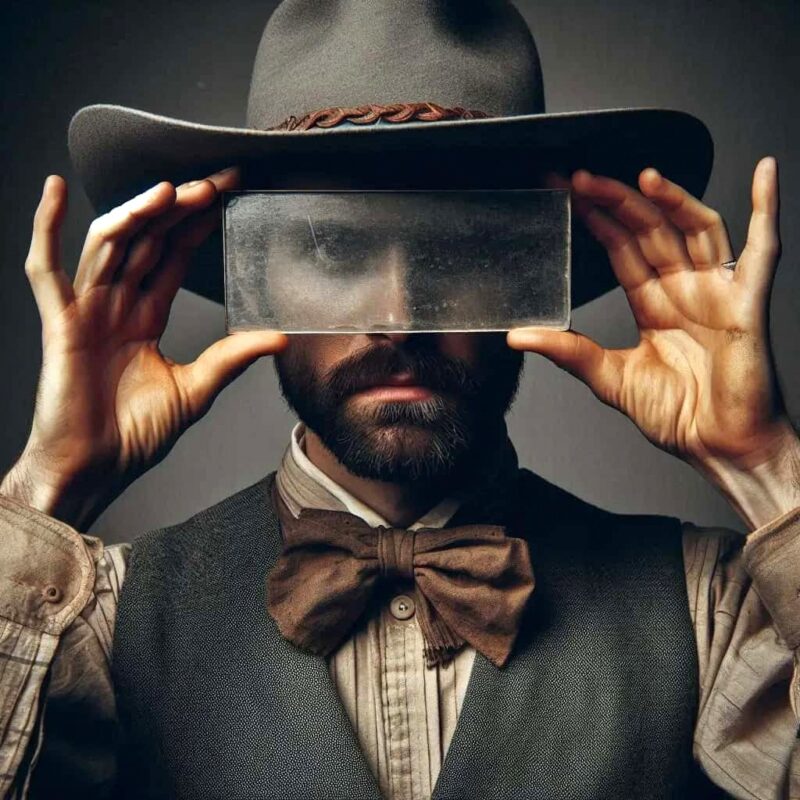I’m working hard on my Zerah Pulsipher biography and thought it would be fun to share a few items that I found interesting or fun. Today’s post focuses on a couple fun and relatable vignettes from early settlers in Utah and Idaho.
I don’t know about the rest of the world, but in Utah it’s pretty common for sacrament meeting talks to start out with some description of how badly the person wishes that they weren’t giving a talk that day. It’s an understandable, if unfortunate, effect of a general fear of public speaking. But it also turns out to not be an exclusively present-day phenomenon. At a Pulsipher family gathering on September 17, 1854, one of Zerah’s sons-in-law started out with some remarks along those same lines:
John Alger said, “I wish I could let my thoughts be known without speaking, but as I can’t, I will try to speak. I have seen the time that I would rather face the cannon than arise and speak in public. I do glory in truth of this gospel. I will do my best to bring up my children right and hope I shall see them as Father Pulsipher can his, a house full in Zion.” (John Pulsipher notebook, 1848-1884; Notebook photocopy, 1848-1884; Church History Library.)
So, if you need a new way to say you would rather not give a talk in sacrament meeting, just say you’d rather be facing down a cannon at the moment.

Another moment that surprised me had to do with an eclipse that Zerah’s son John Pulsipher witnessed. I remember a couple partial or full solar eclipses in Utah during my lifetime, and they were events that the community got excited about. We looked at the sun with the official glasses or other means of shielding our eyes that we probably shouldn’t have used, often surrounded by neighbors or family. So, it was both surprising and relatable to find a journal entry that described the pioneers doing the exact same thing. On March 25, 1857, John Pulsipher wrote in his journal:
Today there was an eclipse of the sun. Our almanacs, which were made in the eastern states, said it would be invisible to them because it would commence at sunset. I made a calculation of the distance that we were west of the place and found that the sun set about 3 hours later here, or that there is 3 hours difference in the measurement of time. So, I told the people and we smoked some pieces of glass and had a fair view of it. About half of the sun was hid. The south side. (Pulsipher, John, 1827-1891. John Pulsipher journal transcript, 2024 October 29.)
It was a fun moment of connection to a relative from the past.

Note: Quotations have been standardized for spelling and punctuation.

Comments
2 responses to “From the Archives: Relatable Actions”
From NASA’s Maps of Solar Eclipses in North America you can see that the area of total eclipse passed through north central Mexico, so Utah Territory was definitely in a better position to see a partial eclipse than the eastern seaboard.
https://eclipse.gsfc.nasa.gov/SEmap/SEmapNA/TSENorAm1851.gif
Good insight, Jonathan!